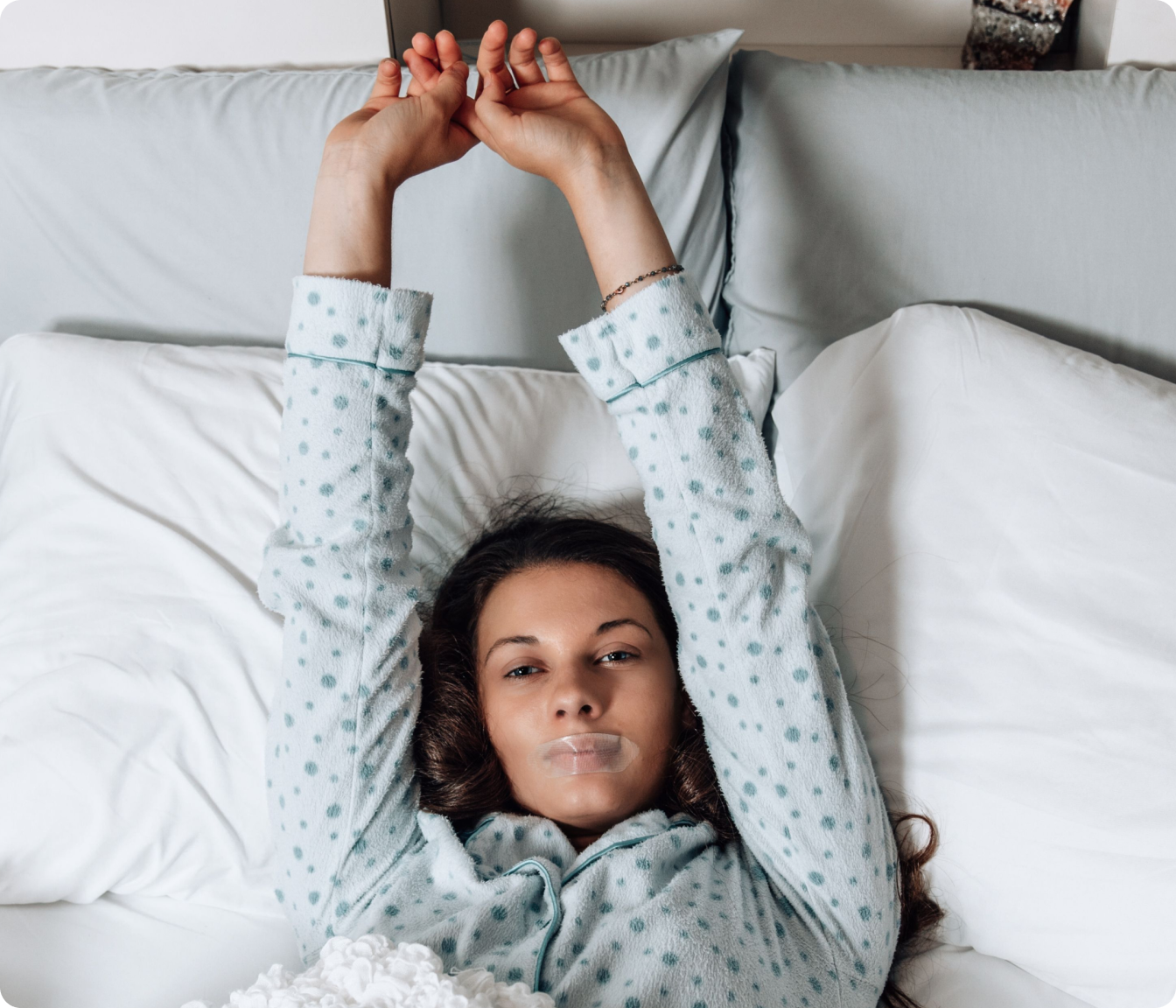Number of weeks:
$6.25 / week
Total: $24.99
1 month
$4.66 / week
Total: $74.97 $55.97
3 months
$4.23 / week
Total: $299.88 $219.97
12 months
One of the best hacks to ensure your sleep hygiene stays in check involves going to bed and waking up at the same time every day.
That means that even on the weekends, keeping a regular bedtime is key to preventing poor sleep hygiene and maintaining proper sleep health.
The “Bedtime” feature helps ensure you get enough sleep and stick to regular sleep and wake times.
To use this feature, open the Clock app and scroll to the top of your alarms. Hit the “Change” button under Sleep | Wake Up. In order to automatically use built-in “Sleep” features and edit your Bedtime schedule, you must first turn on “Sleep” from the “Health” app.
One of the best hacks to ensure your sleep hygiene stays in check involves going to bed and waking up at the same time every day.
That means that even on the weekends, keeping a regular bedtime is key to preventing poor sleep hygiene and maintaining proper sleep health.
The “Bedtime” feature helps ensure you get enough sleep and stick to regular sleep and wake times.
To use this feature, open the Clock app and scroll to the top of your alarms. Hit the “Change” button under Sleep | Wake Up. In order to automatically use built-in “Sleep” features and edit your Bedtime schedule, you must first turn on “Sleep” from the “Health” app.
